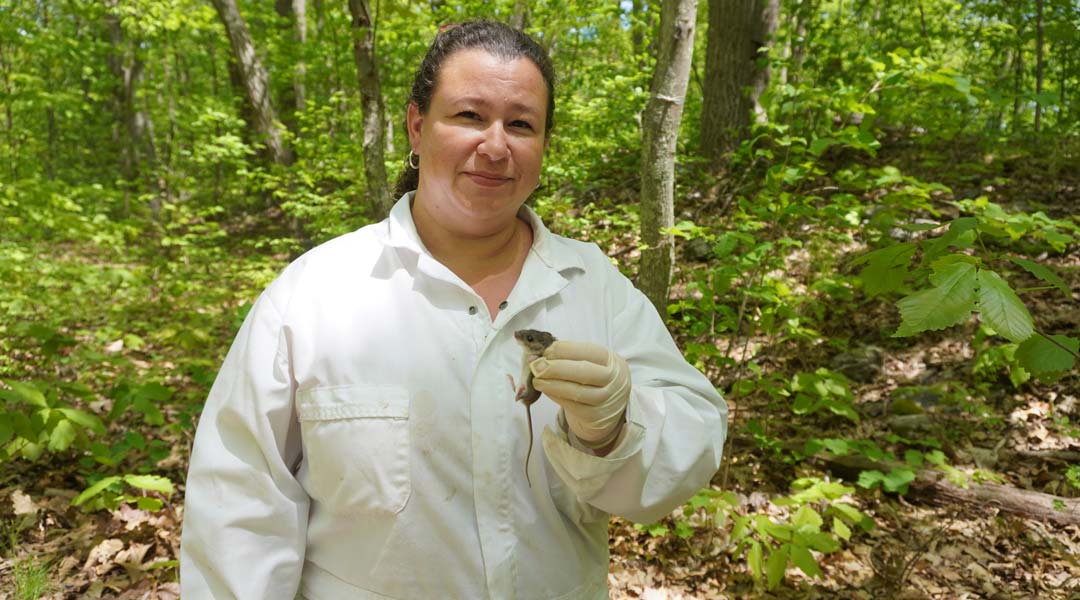Nicolas Koutsikas is a co-author, along with Émeraude Zervoudis, of the investigative documentary “Stopping the next pandemic” directed by Xavier Deleu and which will be broadcast on ARTE on November 11, 2023, at 11:15 PM.
The “Dilution Effect,” studied by Richard Ostfeld at the Cary Institute of Ecosystem Studies in New York and Fellicia Keesing at Bard College in New York, is a concept in eco-epidemiology that suggests that the presence of a wide variety of animal species in an environment can reduce the risk of transmission of an infectious disease from one animal to another, including humans.
The Importance of Species Diversity
Species diversity reduces the number of susceptible mammals to disease transmission. The more species diversity, the less concentrated the transmission phenomenon is on a single species, reducing the risk of pathogen spread. However, empirical evidence to support this hypothesis still presents inconsistencies and depends on the mode of pathogen transmission.
The Case of Lyme Disease in New York
In the case of Lyme disease, the dilution effect occurs when the pathogen, the bacterium Borrelia burgdorferi, must infect a large number of different hosts to spread. If the environment is rich in animal species, the bacterium has a higher chance of infecting a host that is not susceptible to the disease. This reduces the probability that the bacterium will be transmitted to a susceptible host, such as humans.
There is evidence that the dilution effect may play a role in preventing Lyme disease in New York. A study published in 2018 showed that areas in New York with greater species diversity of birds had a lower Lyme disease rate. The study suggested that the presence of a wide variety of birds provided more opportunities for the Borrelia burgdorferi bacterium to infect a host that was not susceptible to the disease.
Another study, published in 2021, showed that areas in New York with greater species diversity of mammals had a lower Lyme disease rate. The study suggested that the presence of a wide variety of mammals provided more opportunities for the Borrelia burgdorferi bacterium to infect a host that was not susceptible to the disease.
Although these studies are observational, they provide strong evidence that biodiversity can play an important role in preventing Lyme disease in New York.
Can Biodiversity Protect Us from Infectious Diseases?
The dilution effect is valuable because it helps reduce the risk of infectious disease spread. By promoting the coexistence of different species within a community, the dilution effect disperses pathogens across a larger number of species, thereby reducing the concentration of transmission in a single species. This limits the opportunity for pathogens to spread rapidly and effectively.
In other words, when species diversity is high, pathogens have less chance of finding suitable hosts and reproducing rapidly, which reduces the number of infection cases.
A Brake on Disease Transmission?
The dilution effect can also be beneficial insofar as it promotes the presence of less susceptible or less likely reservoir species to be affected by diseases, thus limiting transmission to vulnerable species, including humans.
By understanding and preserving biodiversity and natural ecosystems, the dilution effect can play a significant role in preventing the emergence and spread of infectious diseases, which is essential for human and animal health.



